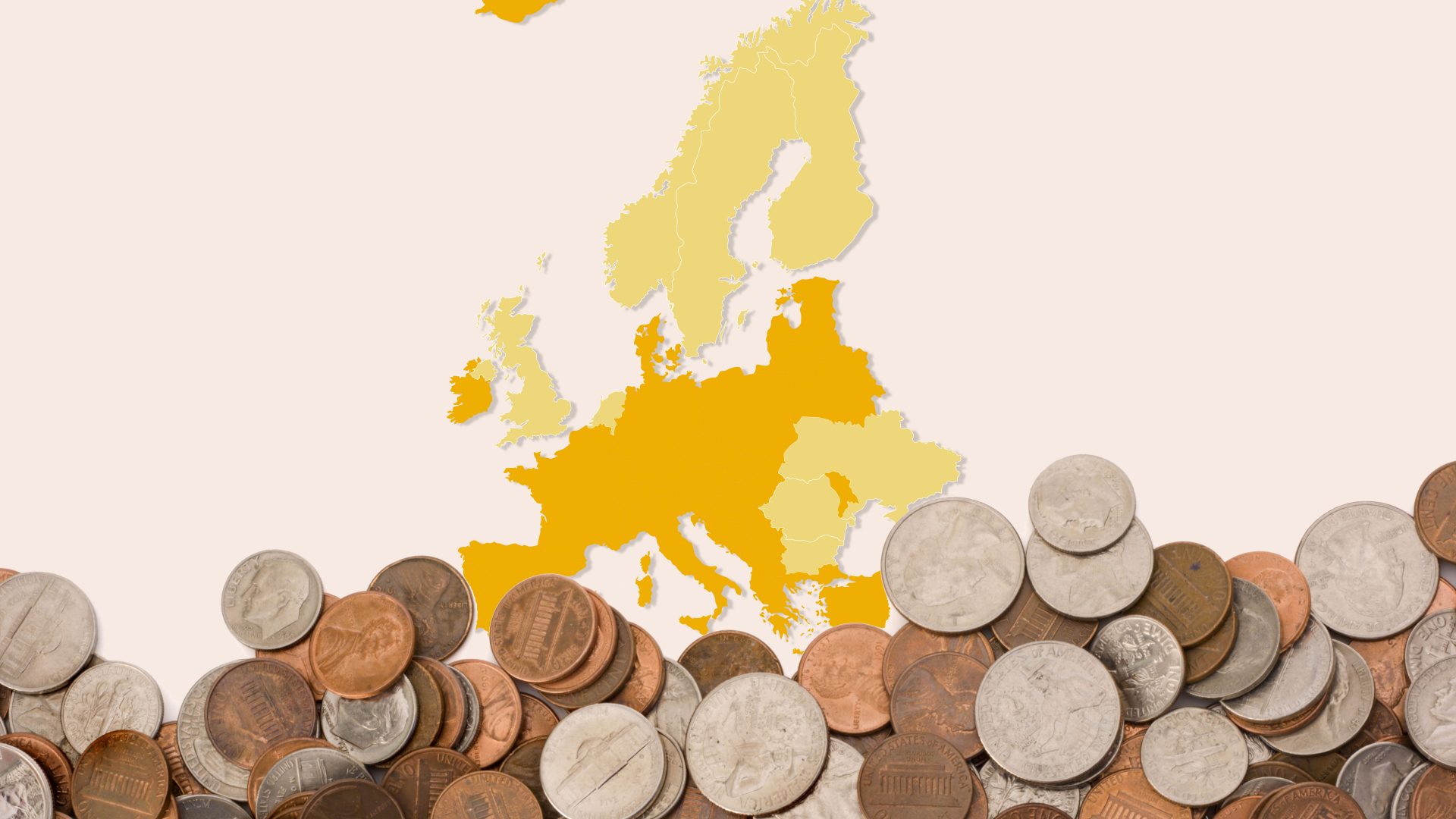International food prices are the same everywhere. So are energy costs. Yet while UK inflation remains over 10%, in France it is 5.6%. In the Eurozone it is below 7% and in the USA it is just 5%.
How do you end up with higher inflation in the UK than in Europe or America, when the inflationary inputs – food and fuel – are the same?
To be fair all economies behave and react differently. The USA’s is remarkably dynamic, competitive and inventive. Germany’s is based on a huge exporting sector and a visceral hatred of inflation that goes back to the times of the Weimar Republic. France is more protectionist, productive and interventionist; it really helps keep inflation down if the president can just order state-run industry to take the hit and not pass it on to the consumer.
Higher inflation in the UK is therefore a measure not only of the inputs – higher commodity prices – but also how efficiently the economy can deal with these new costs. The answer in the UK’s case being “not very well”.
For a start, the British economy has to put up with a devaluing currency. Since the Brexit referendum, it has fallen 20%. This puts up the cost of imports by 20%.
Then the British government has very kindly put tens of billions of pounds a year on the cost of doing business with the EU. All that red tape adds up, and funnily enough, the companies try to pass their increased costs on to the consumer rather than sucking them up.
But the elephant in the room is the shortage of labour. The jobs market in the UK is very tight. There are just not enough people to do all the work; from bars and pubs to farmers’ fields and from the factory floors to the NHS. There are more jobs on offer than there are people available for work.
This forces up wages for some and therefore prices for all – adding up to more inflation. But it also means, for example, that if some farmers stop planting crops because of a lack of labour, supply falls and prices rise for the lucky few with crops to sell. More inflation.
The inability of companies to find people to work for them is a direct result of the end of freedom of movement. Brexit cut off access to hundreds of millions of trained, young, keen and eager Europeans. We have replaced them with seasonal and skilled workers visas, complete with more form-filling and added cost at both ends. Some jobs do not qualify for the scheme in the first place and it is failing to fill many of the gaps employers want to fill.
Improved productivity would have helped soften the blow. Investing in machines means lower labour costs and more efficiency, enabling companies to absorb price rises more easily. But unfortunately, investment has flatlined since the referendum in 2016, for obvious reasons.
That all means the UK economy is not as flexible as it was. It is less able to deal with external shocks and that shows in higher prices.
As a result, the only real policy is for the Bank of England to increase interest rates in order to stifle price rises by further slowing down economic activity. This is hard medicine during a period of rising prices and falling output.
In the end, inflation is bound to fall a lot further. It is a measure of prices now compared with 12 months ago, and when last year’s huge hike in fuel costs drops out of the calculation inflation will fall.
That is why the government is claiming that it will still halve inflation by the end of the year. It knows perfectly well inflation will fall but this is just maths and nothing to do with the government’s actions or rather inactions.
When it does start to fall it will mainly be down to that maths, to calmer world energy markets and partially down to the Bank of England. But with a better-run economy and an efficient government, inflation would fall further and faster. But as we all know, that won’t stop Rishi Sunak trying to take the credit when it finally does.











